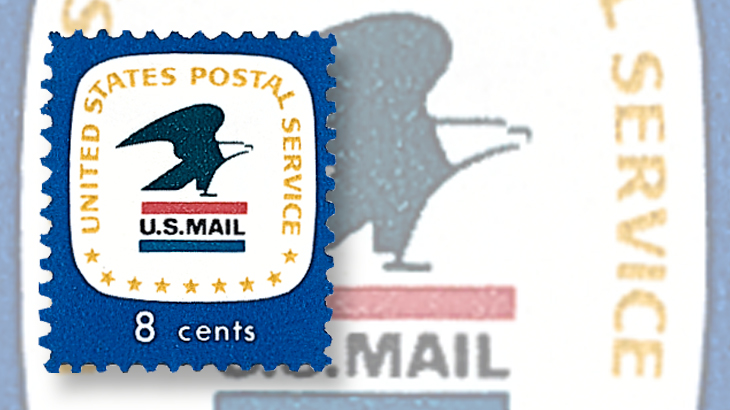Postal Updates
Pew survey ranks U.S. Postal Service as most favorable federal agency

By Bill McAllister, Washington Correspondent
Two recent surveys offer the United States Postal Service a glimmer of hope for a happier New Year in 2016.
A national poll by the Pew Research Center, released Nov. 23, found the USPS ranked as the most trusted federal agency, with favorable ratings given by 84 percent of those polled.
Congress, which has failed repeatedly to heed the Postal Service’s request for financial assistance, was at the bottom of the list, with favorable ratings assigned by 27 percent of those polled.
Perhaps more encouraging to postal executives was an unusual survey conducted by the University of Maryland for the Voice of the People's Citizen Cabinet Initiative.
It concluded that, if given information about the Postal Service’s financial plight, the public would support many — but not all — of the steps that USPS executives long have sought.
A majority of those surveyed in the University of Maryland survey backed ending Saturday letter deliveries, but only one-third said they support USPS plans to close 3,653 unprofitable post offices.
Shuttering unprofitable facilities is what many believed was among the least controversial of the Postal Service’s proposed cost-cutting actions.
The survey found an “overwhelming majority” of the respondents favored relaxing a requirement of the USPS to “prefund” retiree health benefits.
That requirement, part of a 2006 postal law, has been a major roadblock to resolving the Postal Service’s financial health.
The Maryland survey also found “very strong” support for allowing post offices to sell a wider range of services and products.
Installation of cluster mailboxes to replace door-to-door mail deliveries was not supported by a majority.
But “large majorities” backed the idea that labor dispute arbitrations must take into consideration the Postal Service’s “long-term financial stability” in resolving any wage disputes. Postal labor unions have opposed any change in those rules.
The findings of the Maryland survey should give Postmaster General Megan Brennan and her staff signs that the public is willing to accept some changes to their mail service in an effort to end the huge deficits that the USPS has been running.
The Pew results, part of a bigger survey on how Americans view their government, should assure them that the USPS remains a highly regarded organization.
Can such positive findings last?
A Nov. 28 article in the Topeka Capital-Journal suggests that troubles might lie ahead as Brennan presses ahead with efforts to slow mail deliveries to reduce the Postal Service’s costs.
The Capital-Journal article noted that the USPS has moved up its mail collection times in many communities across Kansas.
Olathe, which used to collect its mail for processing at 1:45 p.m., now collects its mail at 9:30 a.m.
Letters deposited after that early morning pickup are processed the following day, the paper said.
Jim McAnerney, a retired postmaster from Wathena, told the Capital-Journal that the changes are causing “a great consternation” with rural businesses.
“It’s not hitting the big cities, so the Postal Service is letting people in rural areas be treated like second-class citizens,” he told the paper.
The changes have upset Sen. Jerry Moran, R-Kan., the Capital-Journal said.
In a letter to Postmaster General Brennan, Moran called the changes “a subtle but certain erosion of experienced service quality.”
His complaint is similar to those of other lawmakers in other largely rural states.
If the complaints continue, the USPS could suffer a decline in customer satisfaction.
And that could make achieving the legislative changes postal executives want even more difficult in 2016.
MORE RELATED ARTICLES
Headlines
-
US Stamps
Oct 7, 2024, 3 PMMcMurtrie dismissed as APS education director following Sept. 21 arrest
-
US Stamps
Oct 7, 2024, 12 PMVasiliauskas named president of Mystic Stamp Co.
-
US Stamps
Oct 6, 2024, 5 PMApgar souvenir card available
-
US Stamps
Oct 6, 2024, 4 PMFirst Continental Congress and U.N. stamps receive Scott catalog numbers





